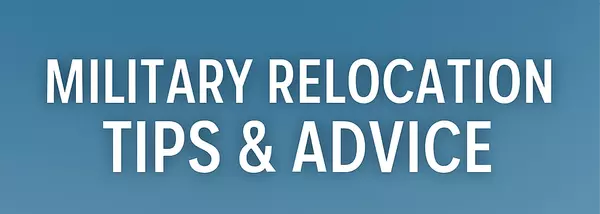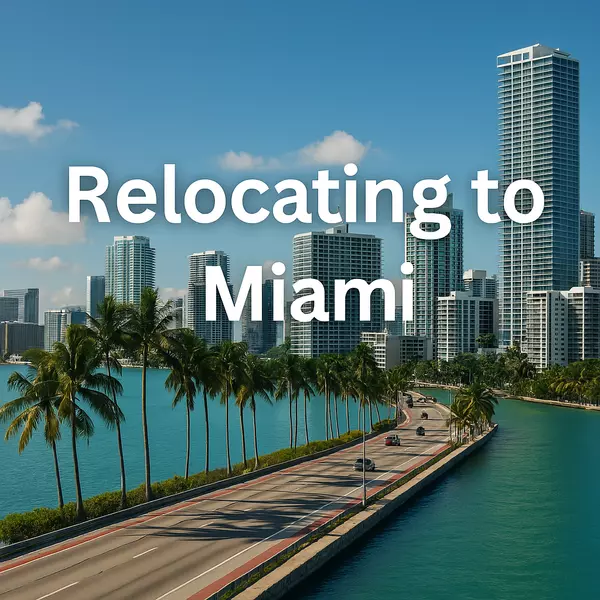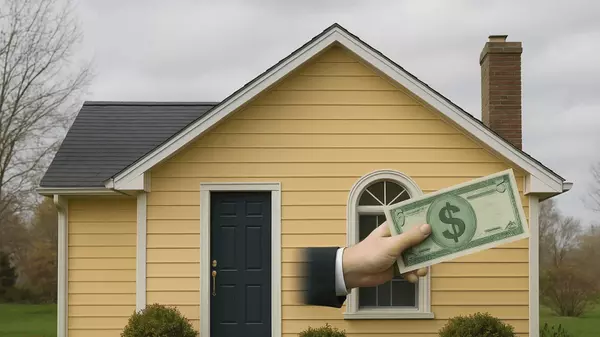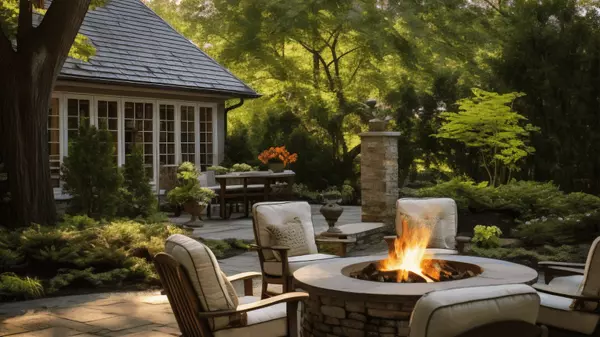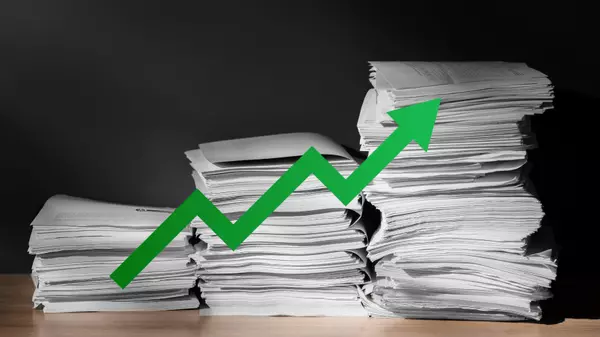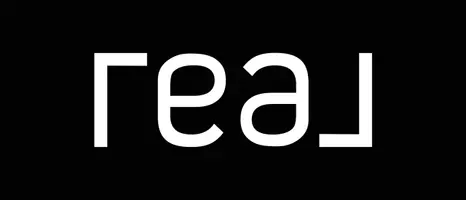Buying vs. Renting in 2025: Which One Makes More Financial Sense?

The decision to buy or rent isn't just about today's costs—it's about your plans, financial stability, and lifestyle goals.
According to ATTOM's 2025 Rental Affordability Report, homeownership costs less of a person's wages in most U.S. markets than renting a comparable property. But does that mean buying is always the right choice? Not necessarily.
In this guide, we'll break down what the data says, when buying makes sense, when renting is the better option, and what you should consider before moving.
What the Data Says
Every year, ATTOM analyzes home prices, rental costs, and wages across hundreds of U.S. counties to determine which option—buying or renting—is more affordable. Its 2025 report found three key takeaways:
- In nearly 60% of markets, buying a home is cheaper than renting a three-bedroom apartment. Homeownership costs (mortgage, insurance, property taxes) take up a smaller percentage of income than renting a three-bedroom apartment every month.
- Both renting and buying are still expensive. Whether you're paying rent or a mortgage, housing takes up 25-60% of the average worker's wages, meaning affordability is still a major challenge.
- Down payments are an obstacle to homeownership. While monthly costs may favor buyers, homeownership requires a large upfront investment. Down payments and closing costs need to be factored into your decision.
When Buying a Home is the Right Move
While home prices continue to rise, ATTOM's data shows that monthly homeownership costs are still lower than a 3-bedroom rental in nearly 60% of the country. That's because rent prices have also increased, making it harder for renters to save.
So when should you consider buying?
You Plan to Stay Put for a Few Years
Real estate is a long-term investment. If you sell too soon, you could lose money on transaction costs, even if your home's value has increased. A five-year commitment gives you time to build equity and offset upfront costs like closing fees and moving expenses.
You Can Afford the Upfront Costs
One of the biggest hurdles to homeownership is the down payment and other upfront costs. Buying makes more sense if you can comfortably cover a down payment, closing costs, and emergency savings without stretching your budget too thin.
You Want to Build Wealth Over Time
Renting is like paying for a service—you get a place to live without ownership. When you buy a home, every mortgage payment increases your equity, which can serve as a financial asset in the future.
YouYou'ready for More Space
Buying might be best if you currently rent a one—or two-bedroom apartment but need a three-bedroom home. According to ATTATTOM'sport, renting a three-bedroom home consumes more of the average worker's comparable house in nearly 60% of the country.
However, renting could still be cheaper if you're comfortable with your two-bedroom rental. Smaller rental units typically cost less than the monthly expenses of owning a house, especially when you factor in maintenance, insurance, and property taxes.
When Renting is the Smarter Choice
Even though homeownership may be more affordable in the long run, renting still has advantages—especially if flexibility and financial security are top priorities.
You Need Flexibility
If you're unsure about your relationship status or long-term plans, renting allows you to move without the stress of selling a home.
You Don't Have a Large EmergeDon'tund
Homeownership comes with unexpected expenses—repairs, maintenance, and property taxes. If you don't have three to six months of expenses, renting might be better until you have a financial cushion.
You Live in an Expensive Housing Market
Home prices are so high in some areas that buying requires a huge down payment and a large chunk of your monthly income. If mortgage payments, property taxes, and insurance would stretch your budget too thin, renting may be the safer option.
You Don't Want the ResponsibiDon'tof Maintenance
Owning a home means handling repairs and ongoing maintenance—which can add up quickly. If you prefer to call a landlord when something breaks instead of dealing with repairs, renting is the hassle-free option.
Key Takeaways: Should You Buy or Rent?
The best choice depends on your financial situation, lifestyle, and long-term goals:
- But if you want stability, are financially prepared, and plan to stay in one place.
- Rent if you need flexibility, aren't ready for homeowner costs, or live in a high-cost area.
Still unsure which option is best for you? Let's discuss your goals. Let's discuss what makes the most sense for your situation! [Click here] to schedule a discovery call about your real estate goals.
Categories
Recent Posts

